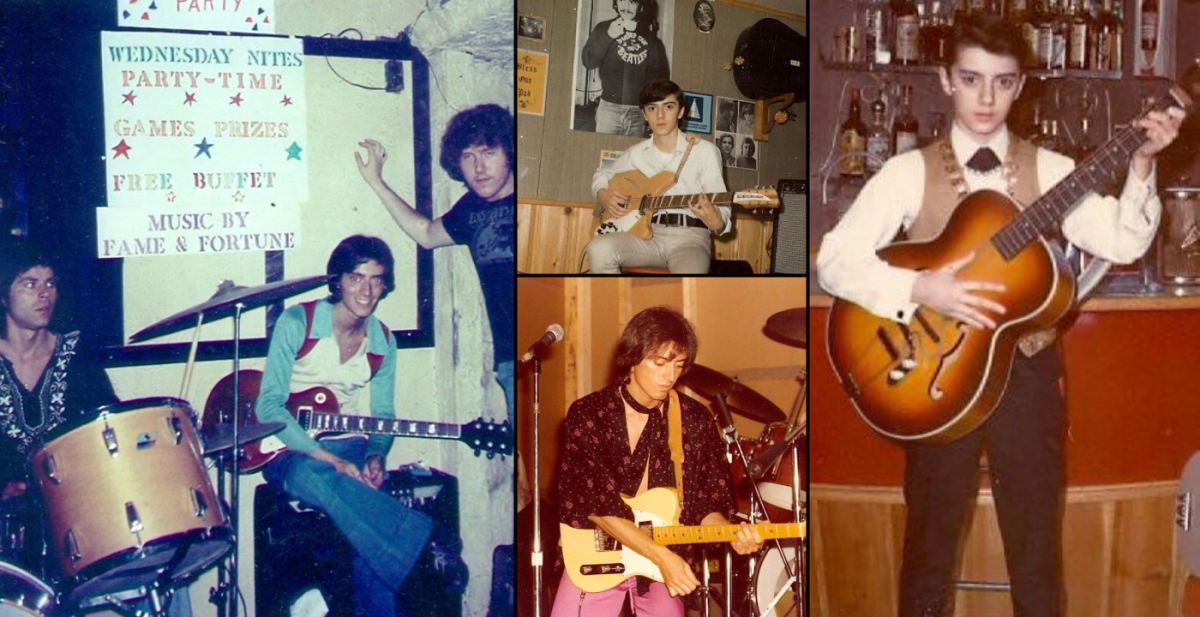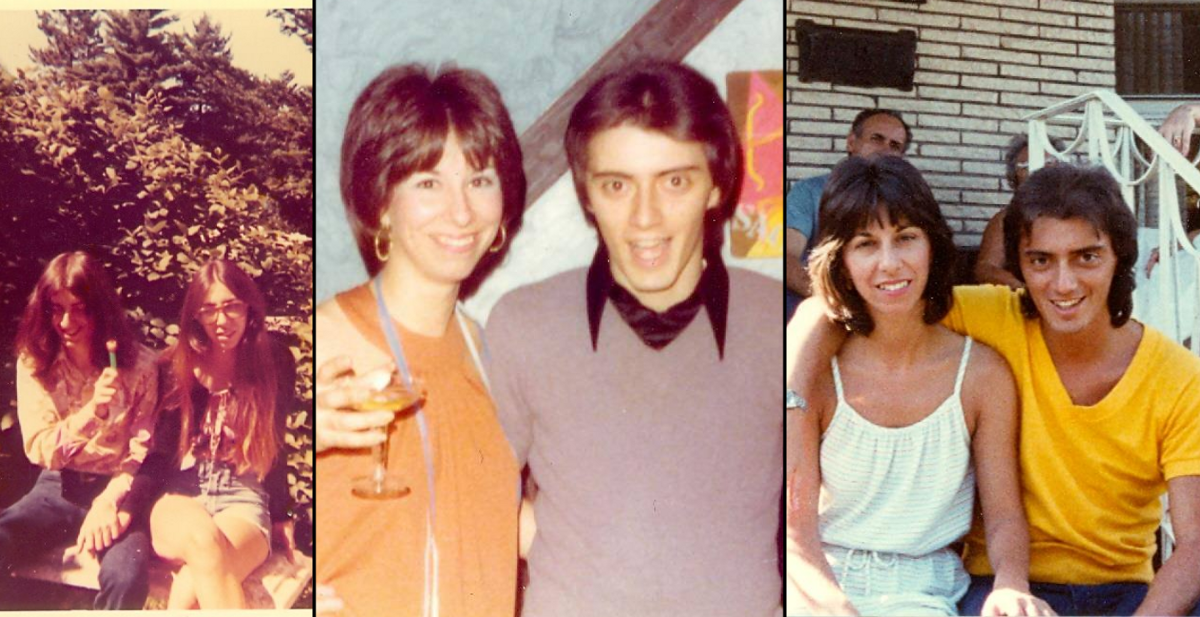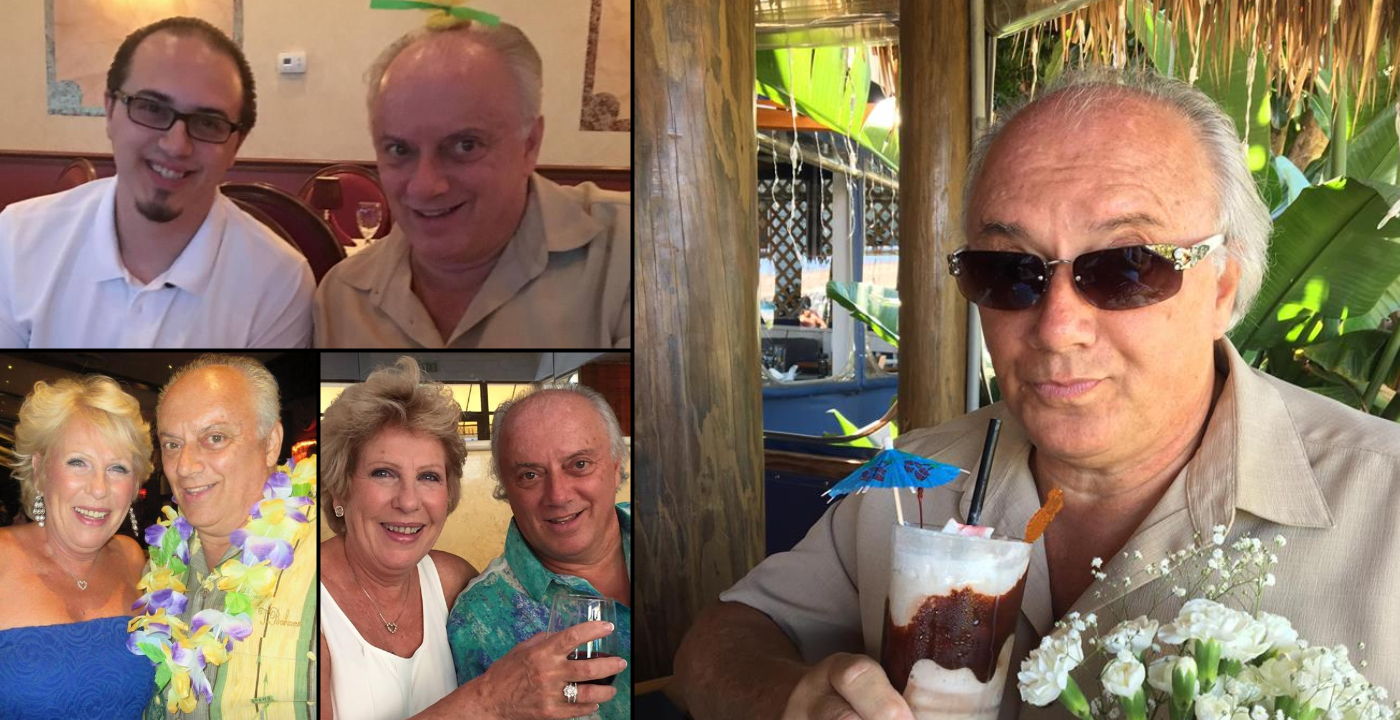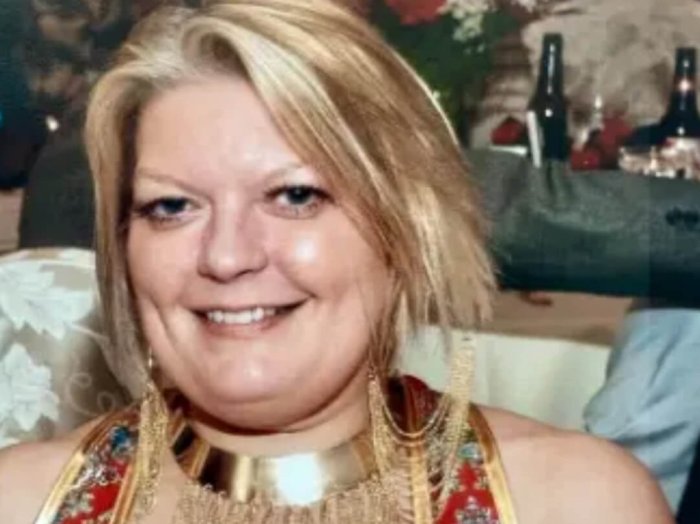By Chris Faraone
Even as a writer by trade who came of age in more than a couple of sketchy yet musical Queens basements myself, it is a daunting task for me to attempt to describe the average Rosedale cellar of the 1960s or ’70s. As children, we spend a lot of time imagining and padding family folklore with our youthful fantasies and romantic embellishments. And for me, there were no stories more intoxicating than those which took place in the subterranean hangouts of my uncle Peter and the others from his era who, to the dismay of the buttoned-up Greatest Generation, wanted nothing at all to do with the relentless immigrant work schedules and conservative lifestyles of their parents.
While Long Island sprouted up around him, its cheap generic plastic mall aesthetics literally begetting Green Acres, my uncle and his friends preferred to hang out underground, where they engaged psychoactive assistance, overloaded amplifiers, and stuck middle fingers in the status quo’s tight ass. They emulated and interpolated, sure, but they also wrote song after original song, building on a budding genre that would go on to define a nation. Peter would never describe himself as a revolutionary, not unless he meant it as somebody who worshipped Beatles album number seven, Revolver, but that doesn’t change the fact that every time his crew descended those stairs, every late night he and Peter Lise and whoever else from that eclectic and inebriated cast of characters populated the drum bunker beneath his parents’ living room and the Idlewild air space above, they were scrambling the narrative and pushing the limits of American culture, spitting on the utter fraudulence of Ozzie and Harriet aspirations.
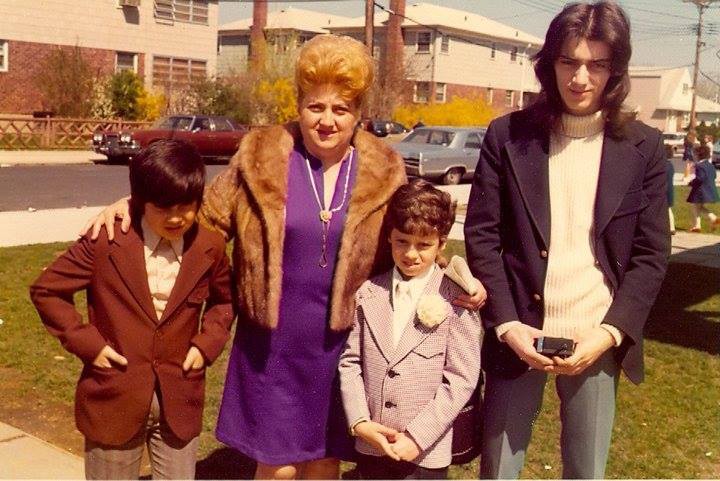 Many years later, by the time I got to hanging out with my uncle Peter, he had managed to turn his entire house into the grown-up version of said subterranean culture cave. I don’t think my aunt Carole minded it one bit, as she was born to have a damn good time and his insatiable music and film fetish made for an oasis of entertainment and inspiration. My cousin Michael has never known anything but that smorgasbord of new releases, gadgets, and technology, but for me it was always a retreat compared to my more boring and bookish house. Sorry mom and dad, but Peter had hundreds of monster movies. Plus the masks to go with them. And Magic Shell! It’s almost unfathomable in the age of Netflix, but there were times when my uncle actually had more movies than just about anybody else including video stores, one of which even attempted to acquire his superior collection back in the day.
Many years later, by the time I got to hanging out with my uncle Peter, he had managed to turn his entire house into the grown-up version of said subterranean culture cave. I don’t think my aunt Carole minded it one bit, as she was born to have a damn good time and his insatiable music and film fetish made for an oasis of entertainment and inspiration. My cousin Michael has never known anything but that smorgasbord of new releases, gadgets, and technology, but for me it was always a retreat compared to my more boring and bookish house. Sorry mom and dad, but Peter had hundreds of monster movies. Plus the masks to go with them. And Magic Shell! It’s almost unfathomable in the age of Netflix, but there were times when my uncle actually had more movies than just about anybody else including video stores, one of which even attempted to acquire his superior collection back in the day.
Peter did a lot of memorable things, like play Santa Claus on holidays when I was young, before telling me it was a hoax. Most importantly, he showed me how to love the music and the culture and the world around me, and exemplified the exploration of incredibly strange stuff that was ignored by the mainstream. My uncle never bought a single flick or album because someone else told him to. In fact, unless someone can correct me on this, he managed to go his entire life without ever admitting that somebody else turned him onto anything. I may never find out where he got his intel from, but I do know that Peter exposed me to bizarre indie movies like “El Topo” and “Re-Animator” long before hipster film geeks claimed such arcane discoveries as their exclusive domain.
Peter may have left his parents’ house in the ’70s, but he never abandoned the brashness of his teenage basement years.
As a third generation Italian-American, I have always struggled with having a secular, artsy existence. With not wearing slacks, going to church, or worshiping money. As if our ancestors weren’t radicals and artisans as well as thugs, workers and fascists. But thanks to people like my uncle Peter, who hustled days at Pepsi but on weekends played guitar for countless friends and audiences, I learned over the years, however indirectly, that it was OK to have a big nose and a vowel-rich last name and seek such imaginative endeavors. Even if fulfilling those dreams means surpassing the superficial rewards that our forefathers who lived through the Depression chased with irrational vigor.
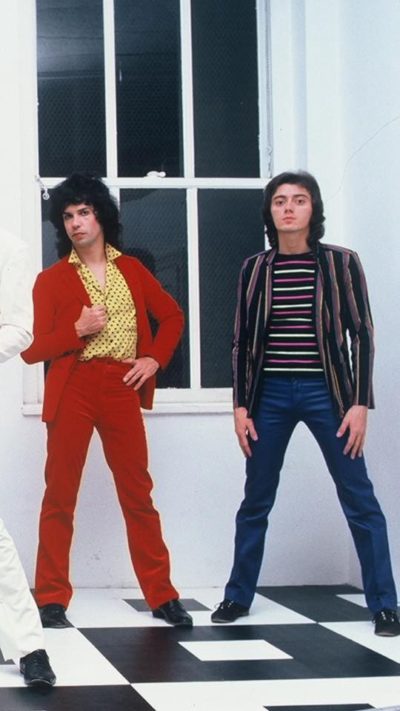
While my uncle was dedicated to spelunking abstract corners of the cultural spectrum, he was also deferential to the most intensely mainstream act of all time, the Beatles. I recently poked fun at his wife Donna for having to endure the band’s extended catalog on their most recent drive back to Queens from Florida, but now I’d do just about anything to be in that back seat, speakers cranked because my uncle was increasingly deaf, listening to the same Apple Records tales he raised us on. You almost can’t bring up my uncle’s legacy without crossing Abbey Road. But I especially want to acknowledge the impossible standard—set by the most successful, perhaps the greatest modern musical act that ever existed—against which Peter held everything. A truly gifted player and perfectionist himself, he could pluck guitar strings with the best of them, no joke, including George Harrison and his idol Chet Atkins, I have no doubt, had he ever had the chance. The Fab Four were extraordinary role models to worship, but my uncle was especially devoted; while I loathe few things more than when genuine people who pass are affiliated with generic fascinations—we often see meaningless epitaphs like “World’s greatest Yankees fan”—I truly believe that Peter was as loyal a Beatles aficionado as ever existed, both as a preacher and a practitioner. I don’t personally care for their music, but thanks to him I will be spreading “Paul Is Dead” rumors and reminding the band’s fans that, long before their songs became Nike commercials, the boys from Liverpool made a habit of pissing on nuns. My uncle loved that tidbit.
Since he never shut up, I never stopped listening to Peter. Whether intentionally or just because he was in the vicinity and happened to be louder than everyone else. If you were near my uncle, you were likely drawn to hear whatever he was saying. Or singing. And if there was some kind of guitar in the mix, well, then everyone within earshot and then some was pulled into his matrix. Which could lead to some Jolson tunes, a post-Beatles Lennon overture, and always some unsavory commentary. Peter may have left his parents’ house in the ’70s, but he never abandoned the brashness of his teenage basement years. Why would he? It’s what everybody loved about him. My uncle was the critical life of countless celebrations, the foul-mouthed variable that turned every occasion into a party. That extended to his work with the wedding band. Though he sure as hell didn’t remember any of the brides or grooms whose brightest days he serenaded, I have little doubt that many of them never forgot the spark plug who brought their parties to life, and who, maybe in the process, improvised the lyrics of a cherished ethnic anthem but still sang with enough heart to impress the old-timers.
Toward the end, as he and Donna started a relationship that was very much rooted in enlivening those around them through music and entertainment, I would like to think that Peter came to some realization about the essential flare of any and all gatherings that he was. One can only hope. My uncle never became a celebrity, but for every Eric Clapton, Paul McCartney or Mark Mothersbaugh—the latter being someone I believe my uncle admired at least a little, perhaps not as much for Devo as for his segue from ’80s pop stardom to scoring hundreds of movies, which Peter always noted as we watched the credits—there is also in my mind just as importantly a Peter Belmonte. Which is to say the guy who never topped the charts, but who won innumerable hearts. Whether you remember him as a dad, a friend, an unsung guitar virtuoso, or just that nutjob at the next table with a napkin wrapped around his head impersonating Igor from “Young Frankenstein,” I hope that you remember my uncle as the unique talent he was, a cellar dweller to the core, and the purest kind of American troubadour, among the last of a dying breed, who started in the basement and rocked every ear willing to listen ’til his last note. -CF
Chris Faraone is News Editor at DigBoston and author of four books including, “99 Nights with the 99%.”




